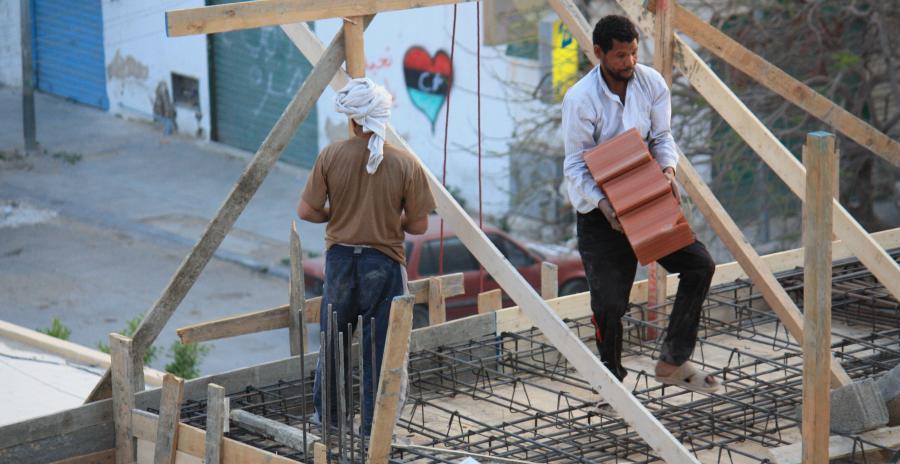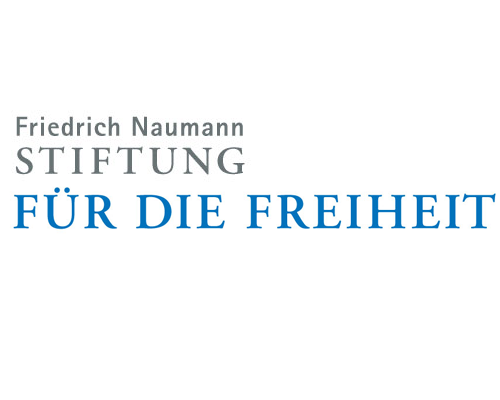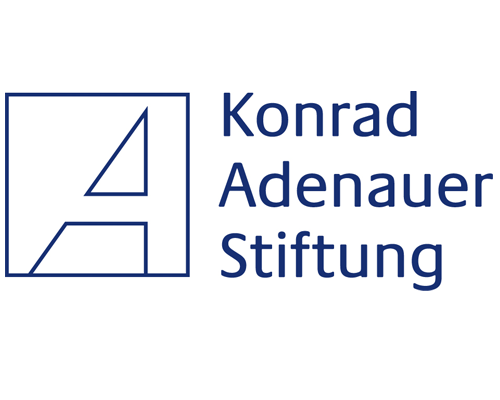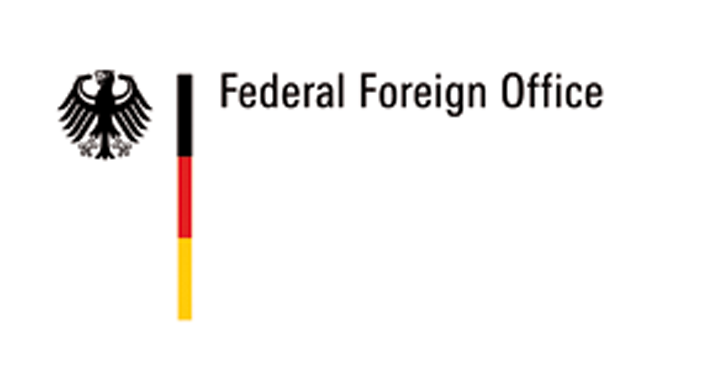Country Overview: Libya

Workers on a aconstruction site in Libya'a capital Tripolis, Photo: Mirco Keilberth
At the time the »Deauville Partnership« was unveiled in 2011, Libya was still in the middle of a Nato-supported war that saw dictator Muammar Gadhafi killed in October that year. The North African country was included into the initiative following the roadmap to transition by the oppositional »National Transition Council«.
Four years later, Libya has sadly regressed into a state of civil war, militia control and economic and political uncertainty. That seems like a far cry from the optimism that had guided Libya's path, especially since its conditions looked favorable for a rare success story: a comparably small population, hydrocarbon resources as a sound foundation for budget and investment, proximity to (south) European markets and a new degree of civil activism and grassroots initiatives.
Indeed, Libya’s first ever elections went smooth and made a democratically legitimated path to recovery credible. However, the institutional void upon which the Gadhafi regime had built its all-encompassing power proved a bigger burden than expected, and the fault lines of social conflict between Libya's different regions could not be bridged. The downfall of the Ali Zeidan government in March 2014 and Libya's rapid slide into anarchy certainly took its international partners by surprise and also put an end to its activities in asset recovery and sovereign economic policy.
Cases like the one against Goldman Sachs in 2013 that shed light on the questionable relationship of private investment institutions with sovereign wealth funds of non-transparent regimes of the prerevolutionary era have been shelved while the facilities of the hydrocarbon industry have become spoils of a civil war. Without an end to this conflict, in which some Arab (Gulf) states play a partisan part, progress of any kind is unattainable.
On a positive note, diplomatic efforts resulted in a compromise between most competing factions in August 2015 that could serve as a basis for a return to reconstruction. However, the growing presence of the »Islamic State« terrorist group in the country presents the greatest security challenge to be addressed.
Supported by






© CANDID Foundation gGmbH 2015



